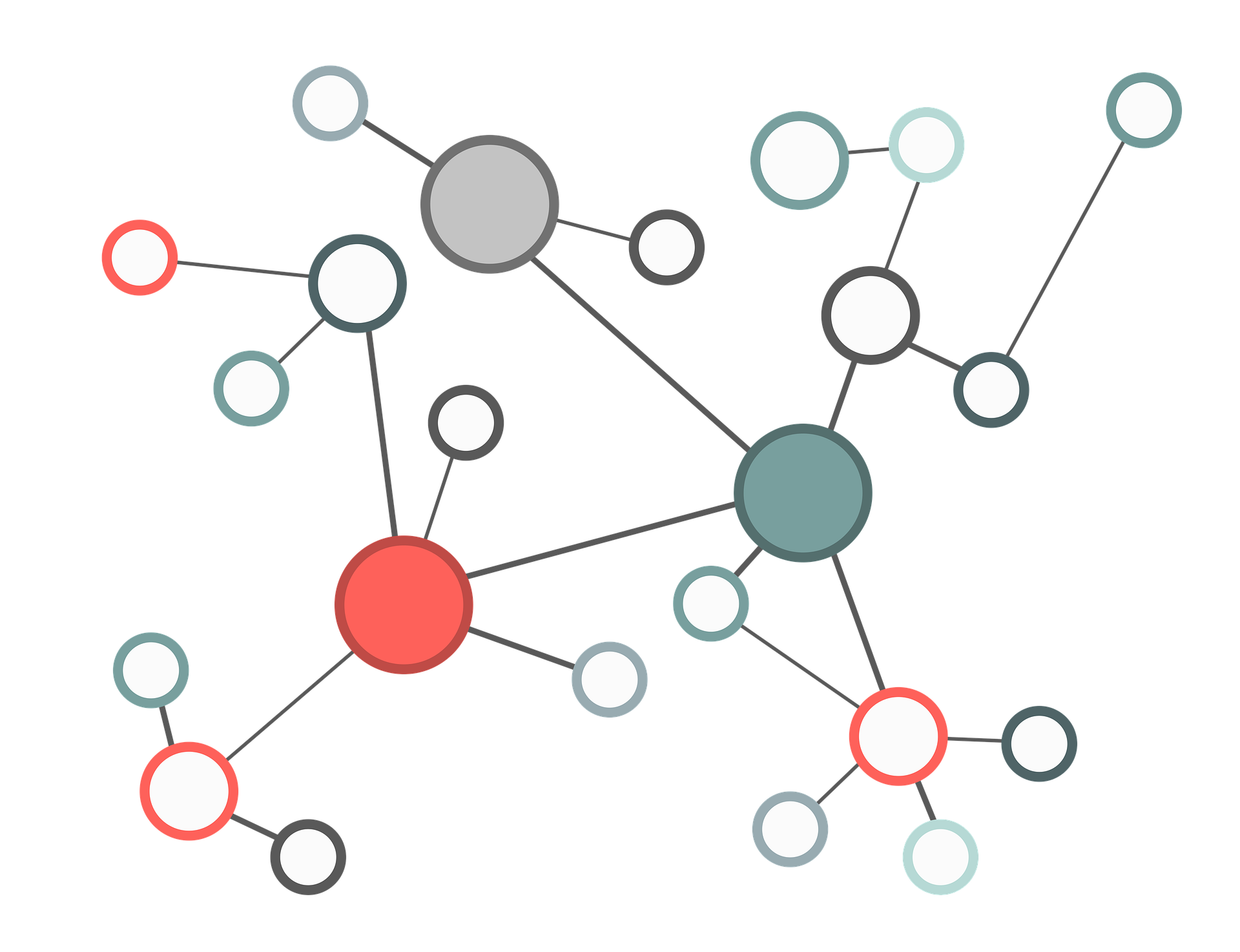Buzz Haven: Your Daily Dose of Trending News
Stay updated with the latest buzz in news, trends, and insights.
Mind Maps: Your Brain's Best Friend for Clarity
Unlock your brain's potential with mind maps! Discover how they can boost clarity and creativity in your life. Dive in now!
How Mind Maps Enhance Learning and Memory Retention
Mind maps are powerful visual tools that aid in the enhancement of learning and memory retention. By organizing information hierarchically and visually, mind maps allow learners to see the connections between concepts more clearly. This visual representation helps to break down complex information into digestible parts, making it easier to absorb and recall. For instance, when studying a new topic, creating a mind map can help categorize key ideas, subtopics, and supporting details, turning abstract knowledge into a structured format that is easier to navigate.
Furthermore, mind maps stimulate both the left and right hemispheres of the brain, fostering creativity and logical thinking simultaneously. By using colors, images, and keywords, mind maps engage different cognitive functions, enhancing the overall learning experience. To maximize memory retention, students can incorporate techniques such as spaced repetition and regular review of their mind maps. This approach not only reinforces their understanding but also creates lasting mental frameworks that facilitate quick recall during exams or presentations.

Top 5 Tips for Creating Effective Mind Maps
Creating effective mind maps can significantly enhance your productivity and creativity. Here are the top 5 tips to help you get started:
- Start with a Central Idea: Place your main concept or theme at the center of your mind map. This serves as the foundation for all related ideas and information, making it easier to visualize connections.
- Use Keywords and Short Phrases: When adding branches, opt for keywords or short phrases rather than long sentences. This keeps your mind map clear and allows for quick reference.
Incorporating visual elements can also enhance the effectiveness of your mind map. Here are the remaining tips:
- Utilize Colors and Images: Different colors and images can help categorize information, making the map visually stimulating and easier to remember.
- Keep it Organized: Maintain a logical structure by arranging related concepts closer together. This organization not only aids memory but also helps reveal relationships between ideas.
- Review and Revise: Don’t hesitate to revisit your mind map regularly. Updating and refining your mind map ensures that it remains relevant and effective for your learning or planning process.
Can Mind Maps Really Boost Your Productivity?
Mind maps are visual tools that organize information in a way that enhances understanding and retention. By depicting concepts and their relationships in a structured format, they allow users to see the bigger picture and identify connections between ideas. This method can significantly streamline the brainstorming process, making it easier to generate creative solutions and improve focus. Studies have shown that individuals who utilize mind maps often report a clearer understanding of complex topics, which in turn contributes to increased efficiency and productivity.
Implementing mind maps in your daily routine can lead to greater productivity in several ways. For instance, when planning tasks, you can create a map that highlights priorities and deadlines, helping you stay organized. Additionally, mind maps encourage active learning, as they require you to break down information into manageable chunks. By facilitating quicker recall and minimizing mental clutter, you can reclaim valuable time in your day and focus on what truly matters.